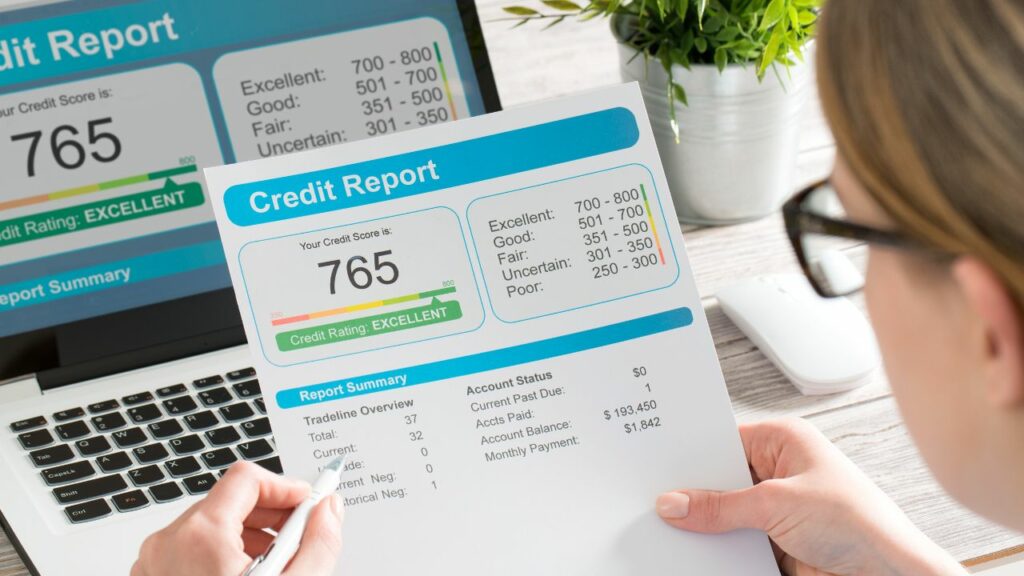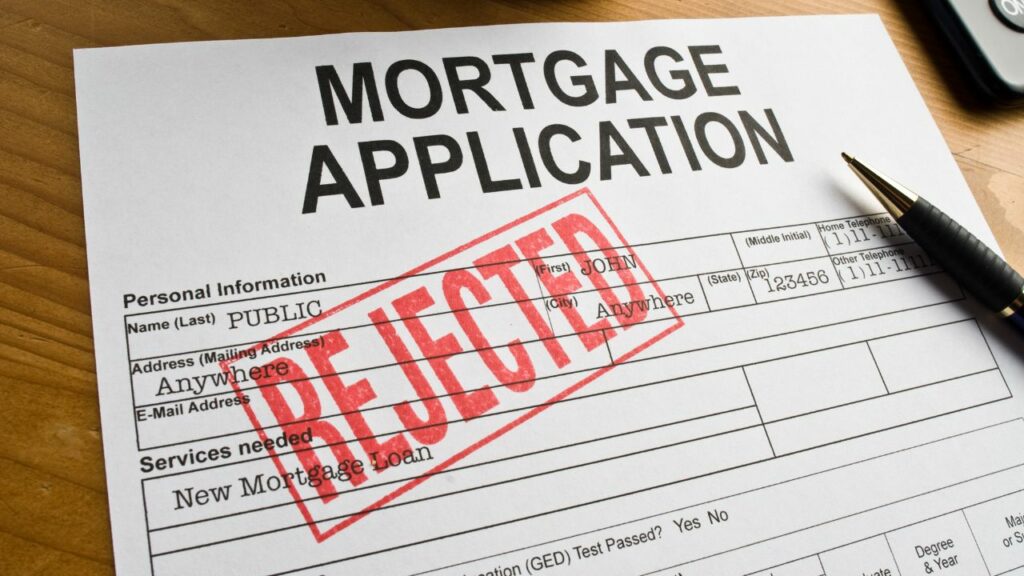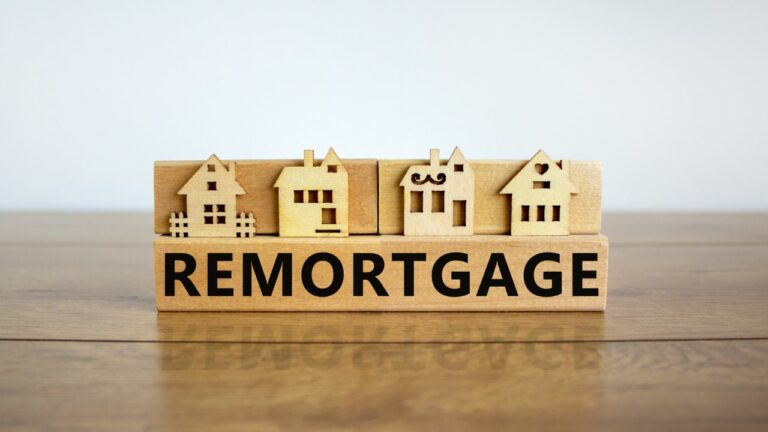How to Get a Mortgage with Late Payments?
Securing a mortgage is a significant step towards homeownership, but what if you have late payments lurking in your credit history? Don’t worry; it’s still possible to make your homeownership dreams a reality.
In this guide, we’ll walk you through the process of how to get a mortgage with late payments on your credit record.
We’ll cover what constitutes a late payment, whether you can get a mortgage in such circumstances, and what steps you can take to improve your chances.
So, let’s dive in and explore the path to becoming a homeowner, even if your credit report has a few blemishes.
What Is a Late Payment?

Generally, any payment for which you are more than 30 days past the due date can be considered to be a late payment.
This means if you have missed or paid 2 months worth of bills, it could count as two late payments.
For all types of credit accounts, including mortgages, lenders will consider payments to be late if they are 30 days or more overdue.
These late payments can lower your credit score, making it more challenging to secure a mortgage.
Once your lender reports a payment as being ‘late’, then it can remain on your credit record for up to 6 years.
The impact of late payments can vary depending on factors like the number of late payments, how recent they are, and their severity.
Late Payments vs Arrears
When you are considering a mortgage application, it’s important to know the difference between late payments and arrears.
A late payment is when you miss or pay an invoice after its due date, while arrears refer to debts that have been unpaid for more than 90 days and could potentially incur legal action.
The key difference between late payments vs arrears is that late payments don’t typically require a court order to resolve and will usually be written off after a certain period of time, while arrears tend to linger on your credit report and can lead to further issues.
Can You Get a Mortgage with Late Payments on Your Credit Record?
Yes, it is possible to get a mortgage with late payments on your credit score. While there are risks associated with it, there are also options available.
It’s important to understand that the lender will consider multiple factors before making a decision, so having had one or more late payments doesn’t automatically disqualify you.
How to Get a Mortgage with Late Payments?
Getting a mortgage with late payments on your credit report can be challenging, but it’s not impossible.
Lenders look at your credit history as one of the key factors in determining your eligibility for a mortgage, and late payments can raise red flags.
Here are the steps you can take to improve your chances of getting approved for a mortgage despite late payments.
Check Your Credit Report

Obtain a copy of your credit report from all three major credit bureaus: Equifax, Experian, and TransUnion.
Review your reports carefully for accuracy, including late payment entries. If you spot any errors, dispute them with the respective credit bureau.
Understand the Severity of Late Payments
Lenders may be more lenient if your late payments are isolated incidents rather than a pattern of behaviour.
The severity of late payments can also matter. For instance, a 30-day late payment is generally less concerning than a 90-day or more late payment.
Work on Your Credit Score
Improve your credit score by paying bills on time going forward. Consistently paying your bills on time will gradually improve your credit history.
It may take some time, but it’s essential to demonstrate responsible financial behaviour,.
Explain the Late Payments
Prepare a letter of explanation for the lender. Be honest and concise about why the late payments occurred.
If there were extenuating circumstances, such as a medical emergency or job loss, mention those. Lenders may be more understanding if they see a legitimate reason for the late payments.
Highlight any positive aspects of your financial situation, such as a stable job, a high income, or a substantial down payment. These factors can offset the negative impact of late payments.
Apply with Multiple Lenders
Not all lenders have the same criteria, and some may be more willing to work with borrowers who have a history of late payments.
It’s a good idea to shop around and apply with multiple lenders to see if you can find one that’s more lenient.
Save for a Larger Down Payment
A larger down payment can mitigate the risk for lenders and make them more willing to approve your mortgage application. Consider saving more money to put towards your down payment.
What Should You Do if You’ve Had a Late Payment or Know in Advance You Will Be Late?
If you know that you are going to have a late payment, then it may be advisable to contact the lender and explain the situation. Explain why it has happened and how you intend to rectify it.
It is also important to ensure that future payments are made on time and that you keep up with any agreed payment plans.
This will show the lender that you are capable of managing your finances and can pay back what you owe in a timely manner.
What to Do If You’ve Been Declined Due to Late Payments?

If you have been declined for a mortgage due to late payments, then it is important not to panic. There are still options available and you should speak to an independent mortgage broker who can help you understand your options.
Your broker will be able to assess your individual circumstances and may advise on lenders who are willing to provide mortgages for people with late payments in their credit record.
Does the Type of Late Payment You Have Matter?
The type of late payment you have on your record will have an effect on the decision that a lender makes.
Generally, lenders view mortgage arrears more seriously than other types of late payments as they are associated with the security of their loans.
Late payments for credit cards and loans may be viewed less severely, although this doesn’t mean that the lender will automatically accept your application.
Can You Remortgage with Late Payments?
Yes, however, in such cases, lenders may want to see evidence of improvement with regard to payment history and will be looking for a minimum of 12 months with no late payments. You will also need to demonstrate that you are able to manage your financial commitments.
Conclusion
When applying for a mortgage with late payments on your credit record, it is important to be aware that lenders may view this negatively.
However, if you can show that you are able to manage your finances and have been making regular payments for at least the past 12 months, then there are still a number of options available.








